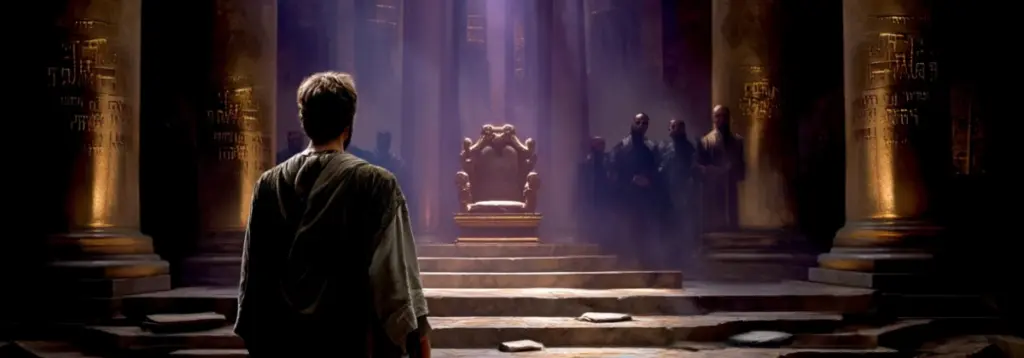In a world where autonomy is idolized and self-determination is celebrated, the idea that God has the final authority—not just over creation but over eternal destiny—feels uncomfortable to many. Yet Scripture consistently teaches that God is sovereign, not only in what happens but in why and how it unfolds.
The human will is real, capable of reason, choice, and bold action — as seen in Proverbs 21:31, “The horse is made ready for the day of battle, but the victory belongs to the Lord,” and in Acts 17:26–27, where Paul acknowledges God appointed humanity’s boundaries so they might “seek Him and perhaps feel their way toward Him.” Yet, this will is never supreme, because Psalm 115:3 declares, “Our God is in the heavens; He does all that He pleases,” and Job 38–41 reminds us that creation itself bows to His voice. While God honors the integrity of human responsibility, He is not bound by it — His purposes stand, and as Isaiah 55:8–9 states, “My thoughts are not your thoughts… My ways are higher.”

God’s greatness isn’t a matter of rank — it’s His majesty. He is not simply more powerful than us; He is the origin of all life, the One from whom all things exist. He stands alone as Sovereign, not because He is better, but because He is Being itself. He is the source of all existence (Genesis 1:1), from whom all human life flows (Acts 17:28). He is not just greater — He is utterly sovereign, beyond comprehension, and above all creation.
This reality deepens the tension between God’s election (Rom. 8:29, Eph 1:5, 2 Tim. 1:9) and man’s responsibility — a truth that has echoed through centuries of theological thought. But it is not a puzzle to solve, as much as a mystery to trust. God’s supreme majesty does not cancel human will; rather, it frames it within the boundaries of divine wisdom and purpose. Embracing His sovereignty calls for faith in His character, humility in our understanding, and trust in His justice. God does not ask us to figure Him out — He invites us to walk with Him in reverence, obedience, and surrender (Micah 6:8).
Many struggle with divine authority because it threatens our desire for control. But freedom isn’t found in having control—it’s found in trusting the One who does. When we yield to the King of eternity, we are not crushed by His sovereignty—we are upheld by it. The throne of God isn’t a threat to the believer. It’s a refuge. A resting place. A reason to worship.
So when questions about fairness, predestination, or eternity overwhelm your understanding, remember this: God’s justice is not flawed by our limited view. It is perfectly holy, deeply loving, and always trustworthy. The call is not to solve the tension between divine will and human choice, but to bow before the One whose will is always right.